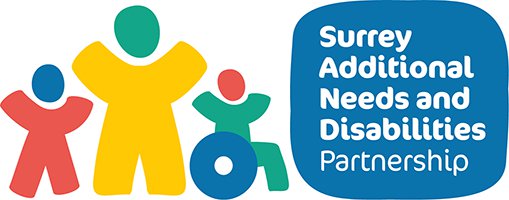Emotionally Based School Non-Attendance (EBSNA)
Emotionally Based School Non-Attendance (EBSNA) is a term used to describe the difficulty children and young people experience in attending school due to emotional reasons, such as stress, anxiety and/ or feeling overwhelmed. This can result in prolonged periods of absence from school.
Other terms EBSNA is known by include:
- Emotionally Based School Refusal (EBSR)
- Anxiety Related Non-Attendance (ARNA)
- Emotional Based School Avoidance (EBSA)
- School refusal
In Surrey we use the term Emotionally Based School Non-Attendance (EBSNA) to include children who are unable to attend school, rather than choosing not to attend, because of increased feelings of fear and anxiety that may make school feel unsafe.
If you are looking for support for your child or for someone you care for or support, please know that you are not on your own. We hope this webpage will provide you with the information you need.






